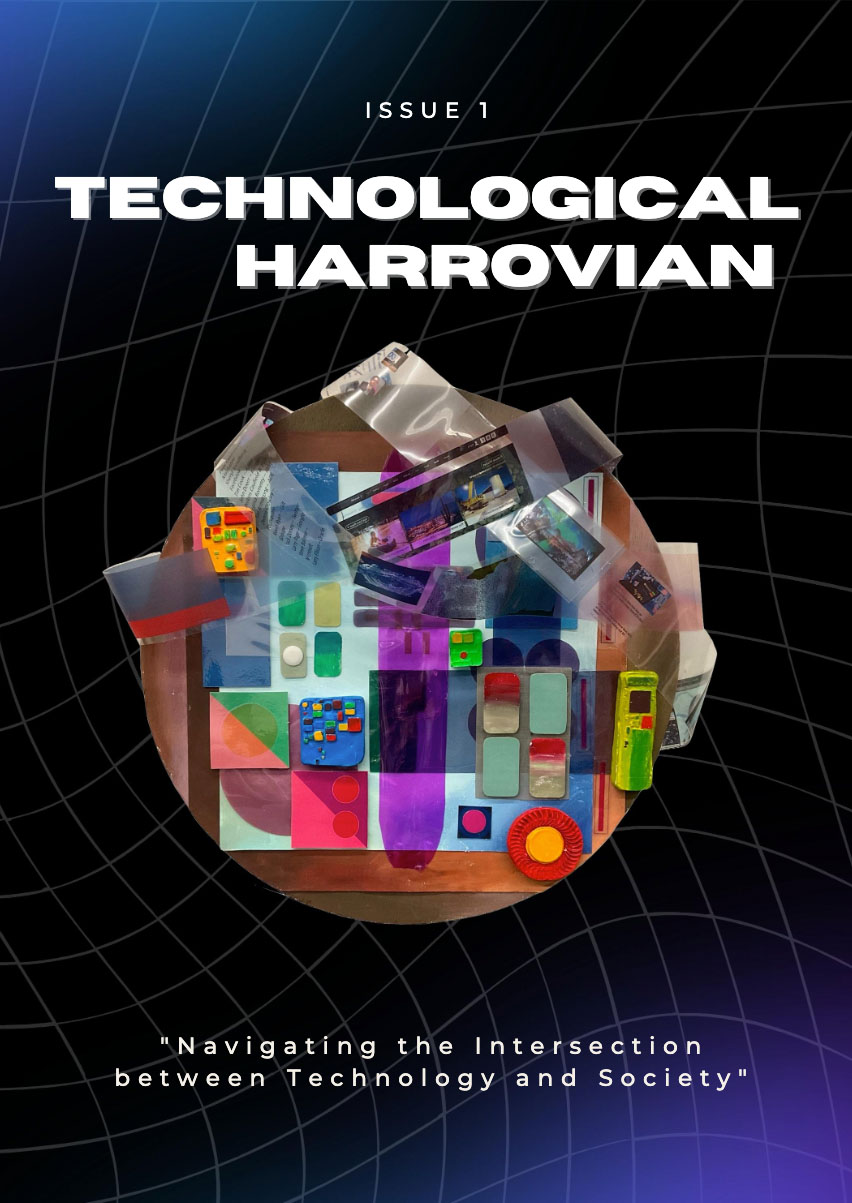Will remote schooling become more common in the future in Hong Kong and around the world?

The COVID-19 pandemic has made most companies, individuals, and, of course, schools view the world differently than they perhaps did 12 months. Most students worldwide have seen their education disrupted to some degree with most schools needing to offer lessons remotely. It has kept disruption to a minimum and allowed students to continue with their education although perhaps in a different way to how they had envisaged.
As the leading international school in Hong Kong, we are continually searching for new and innovative ways to enhance students’ learning experience. Simultaneously, forming contingency plans should there be extraordinary circumstance such as we have witnessed with the pandemic. There are tremendous benefits t be gained from offering lessons online through conferencing apps such as Google Meets, Google Classroom and Zoom. However, we believe that it should be used, long-term at least, to supplement learning instead of being a substitute for face-to-face, classroom learning. That isn’t to say that it won’t become more common and it certainly does have a role to play in the future.
What are the benefits of remote schooling?
While many people have been quick to criticise remote schooling, it is worth noting that there are several benefits applicable to both teachers and pupils. Here are some of the main pluses which we have identified from our remote schooling program.
1. Increased flexibility
Although remote schooling usually refers to classes being conducted live and students encouraged to participate in the usual manner, many of these lessons can be available after the fact. It means that students can refer back to content from the class for further clarification. Also, we are aware that flexibility is essential to students who prefer to study early in the morning while others prefer to work at night. Access to lessons and additional content 24/7 facilitates this flexibility.
2. Learning can be customised
Students, often with teachers’ assistance, can choose to follow topics in a slightly different order to either make the subject more interesting or relevant. Of course, this is also the case with classroom learning, but this is an extension of this option. To a certain degree with older students, it allows them to learn at their own pace in a way which wouldn’t be possible in a classroom and potentially makes further or additional learning easier to access. However, a lot of this may depend on the teacher for how willing they are to agree to this.
3. Further reading easily available
As almost all students access the remote schooling from a PC, laptop or tablet, they have access to further reading at their fingertips. It is something that helps students to understand the topic in more depth as well as offering different perspectives. Although this may not be as relevant for younger pupils, it is ideal for A-Level students who are studying more subjective courses such as politics or sociology.
4. Means that funds can be channelled to different areas
Remote schooling can be and often is more cost-effective than classroom teaching. While we would never advocate saving money as a reason for using the method more in the future, in some areas, it does mean that money can be channelled into other places where it may be better spent. Of course, this would only be relevant for additional learning and should never be an option for regular lessons.
What are the drawbacks of remote schooling?
As we stated at the beginning, we firmly believe that there is no substitute for face to face learning, and there are several reasons for this, some of which we have outlined below.
1. Limits the teacher’s skills
Most top teachers come into their element when they are talking directly with pupils. Their own personality will come across, and this is something that students appreciate. Teachers can often recognise if a student is struggling when they see them in the flesh or on occasions when the teacher has failed to put a point across in a manner that students understand. These “vibes” can only be detected when people are physically in the same place.
2. The teacher may not realise that many students don’t understand the topic
It is incredibly common for some students not to understand certain aspects of a topic, and often teachers will realise this by a student’s body language. Detecting these subtleties via a webcam is very difficult. If the area is fundamental to the topic, this can have far-reaching consequences going forward with a pupil either misunderstanding a point or not understanding at all. Teachers are trained and experienced to detect problems, but remotely, it can prove impossible.
3. Some students may fall behind
Connected to the point above, it is frighteningly easy for students to fall behind when only remotely schooling is used. It could be down to not understanding a topic, loss of motivation, lack of self-discipline or a combination of all these factors. By the time the teacher realises that a student is struggling and falling behind, it may be too late to get that individual back on track before exams. Of course, this is unfair on the student and is an unfair reflection on what would otherwise be an excellent teacher.
4. Lack of personal contact and the ability to work with peers
Students of all ages tend to respond better when they feel they have the support of friends. To some extent this support is lost when lessons are broadcast rather than done in person. It can lead to loneliness and reduced motivation which will negatively impact results. Indeed, the lack of personal contact with teachers and peers has been shown to have an adverse effect on mental health.
Summary
Remote schooling will become a more commonly used tool in the future, but it should enhance the learning experience rather than replace classroom learning. Replacing or reducing face to face contact will almost inevitably lead to more inferior grades for most students. Used correctly and as an additional tool, remote learning can be hugely beneficial to all students and this why we are open to using this method more in the future.

 360° TOUR
360° TOUR 










